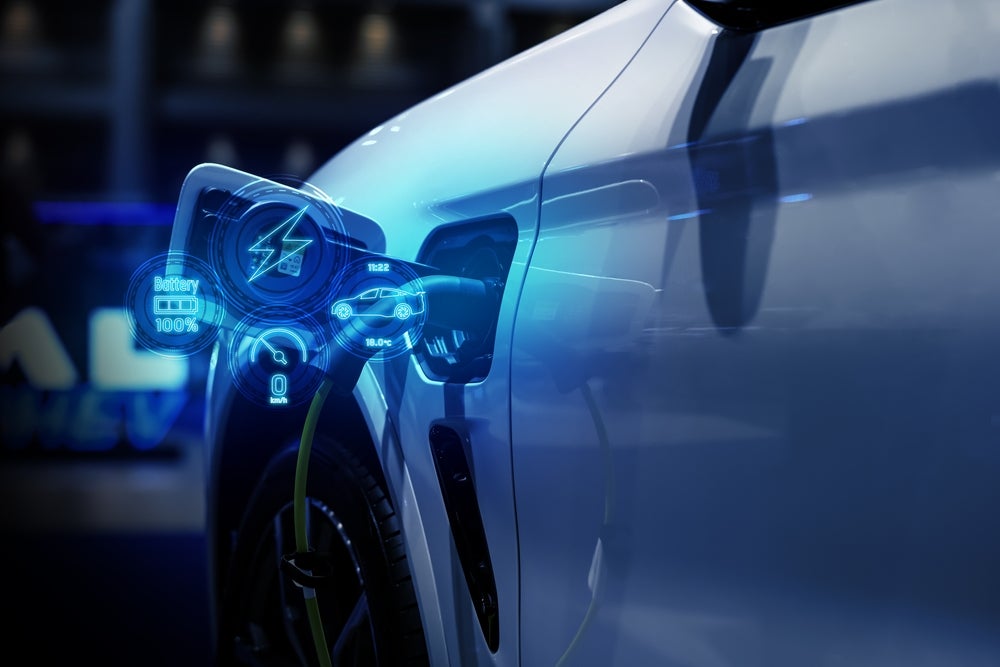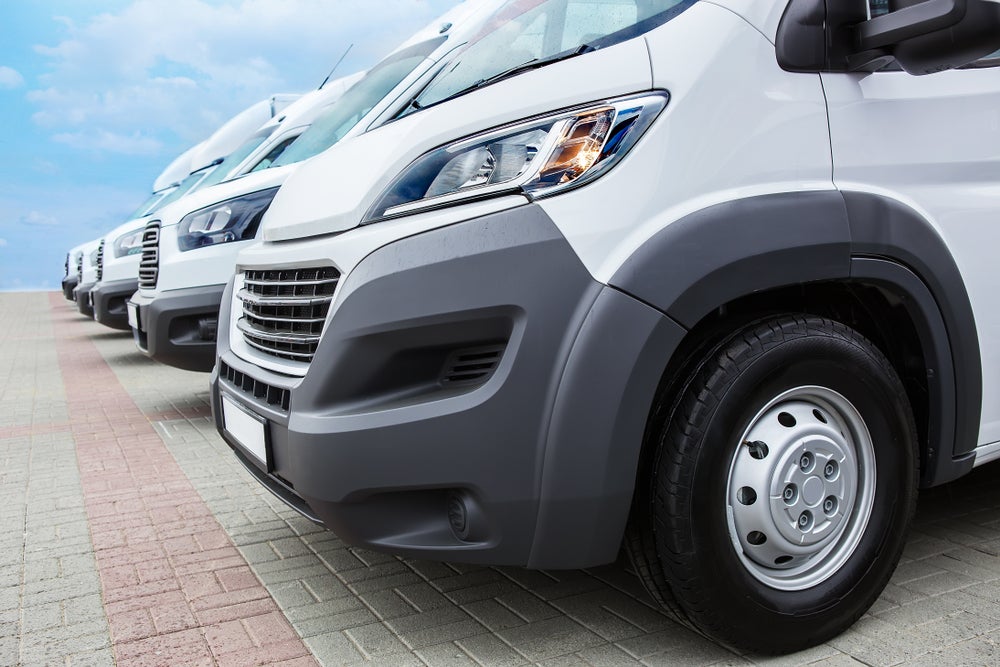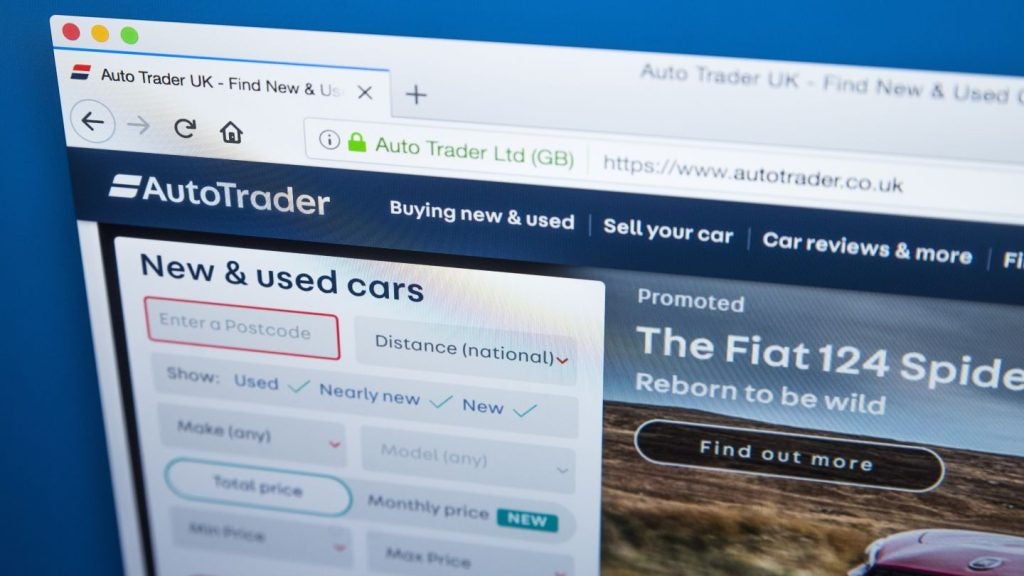The UK seems to have found its new favourite motor finance product with PCP (personal contract purchase) now accounting for 77% of the marketplace. PCP is becoming an increasingly attractive option for car finance with statistics from the Finance & Leasing Association showing a 29% increase from 2006 to 2013 in the number of vehicles financed using typical car finance and leasing products (including PCP).
While this increase might be a little misleading with the change in availability of personal loans (which are not accounted for in these figures), it’s hard to deny that PCP has quickly become a viable finance option. Better still, all parties involved seem to be benefitting from this product.
Manufacturers and main franchise dealers are supporting their own products by offering strong residual values on the vehicles that they are selling. This keeps franchise dealers happy as they are selling more vehicles and end-customer are pleased as they are getting into a newer vehicle that’s worth more, yet they are paying less per month. Independent dealers have the benefit of selling nearly new or used PCP programmes on cars up to three years old.
Along with all the attractive benefits of PCP, it’s also important to understand that PCP will only suit some people and it’s important for consumers to understand what they are buying into and any potential pitfalls.
The prospect of driving away in a nicer vehicle than you thought you could afford is highly tempting and it can be easy to get carried away. It’s vital that consumers really understand how the product works, as well as what will happen at the end of the contract to avoid any unforeseen charges.
The main thing to consider when looking at a PCP product is your monthly budget. It is important to consider what budget you have now.

US Tariffs are shifting - will you react or anticipate?
Don’t let policy changes catch you off guard. Stay proactive with real-time data and expert analysis.
By GlobalDataAt the beginning of a PCP agreement you will normally be required to pay a deposit. This is usually between one and three monthly payments. Many consumers use their current vehicle, either to partially or fully cover the cost of this deposit.
PCP provides lower monthly finance costs due to the residual value (also known as the balloon payment or guaranteed future value), a term used to describe the back-end cost, that is set from the outset and deferred to the back-end of the agreement.
Often this is set at around 28% to 38% of the purchase price of a new vehicle.
On average 55% of your monthly payments cover the level of depreciation between the purchase price and the residual value set, hence why some high-value vehicles with strong residual values look more competitive under this product.
With this in mind the best PCP deals to be had can be on nearly new vehicles.
It’s important to know that after the term of your agreement, you will be faced with the following three options:
Hand the car back
Hand the vehicle back to the leasing company as you would with a standard vehicle lease. This will be subject to a few conditions which are stated below:
Annual mileage: The monthly cost will be heavily affected by the annual mileage limit that will be set in the contract from the outset. Therefore a pence per mile rate will be charged if you exceed the agreed mileage. The excess charged varies from vehicle to vehicle and is designed to help the finance company gain back any depreciation in value as the car will now be worth less due to the excess mileage covered.
De-hire damage: You will need to read carefully what the finance company describes as fair wear and tear to its vehicles and what it deems chargeable items on return of the vehicle.
While there are clear guidelines, at Creditplus we found out that more than 87% of consumers opting for a PCP finance agreement for the first time paid little or no attention to the de-hire damage charges.
Pay the outstanding balance, either in cash or by re-financing the balloon payment
Pay the final lump sum which is commonly referred to as the balloon payment and take full ownership of the vehicle. This can be paid off in cash or re-financed, effectively turning your PCP agreement into a hire purchase agreement.
Part exchange your car for another one
This is the most common way to settle your PCP agreement and this is why dealers and manufacturers love it.
You will be given the option to part exchange your vehicle. If your car is worth more than the guaranteed minimum future value (GMFV) at the end of your agreement then any of that extra money, known as positive equity is yours to use as a deposit towards your next car.
For example, if you were offered £15,000 for your car, but your GMFV is £13,000. The dealer will pay £13,000 to settle your finance and the remaining £2,000 will be yours to put towards a new car.
While PCP offers an alternative that is a sort of hybrid of other finance options, it’s fair to say that the market clearly wants this product and finance companies are happy to continue utilising it.
Louise Haines is digital marketing executive at Creditplus








